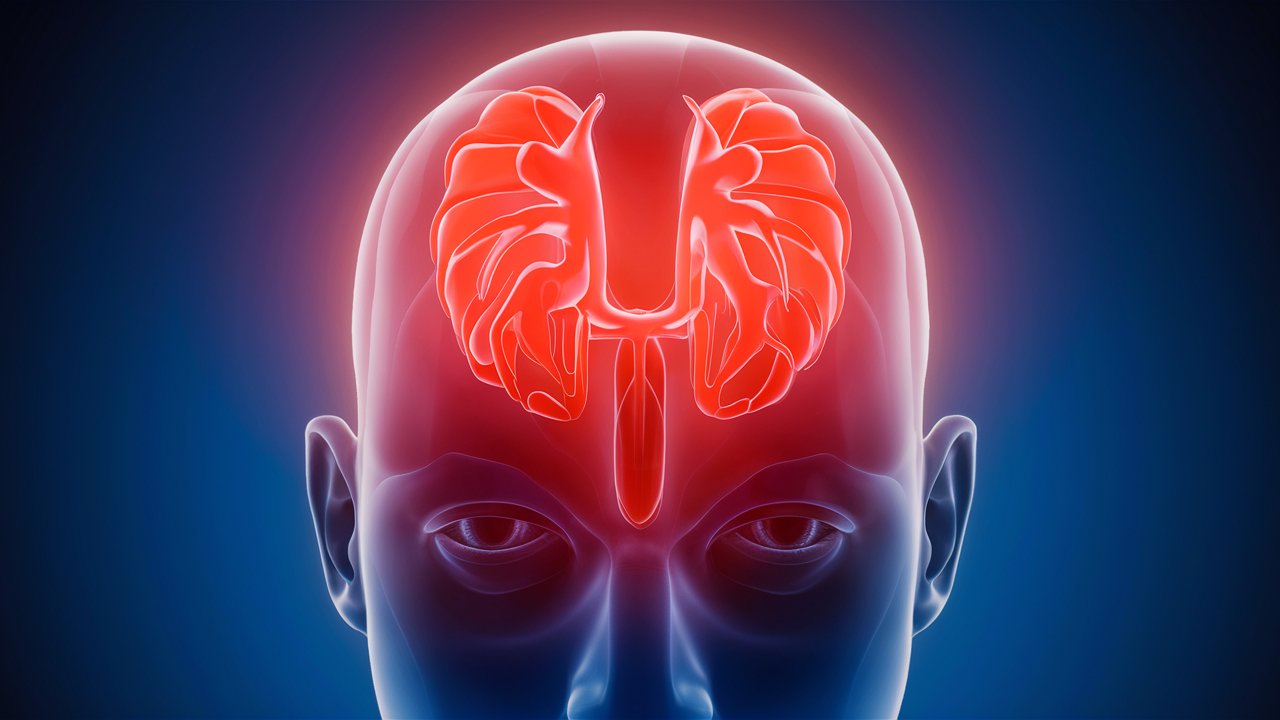
Anterior pituitary insufficiency is a condition where the front part of the pituitary gland fails to produce enough hormones. This small but mighty gland, located at the base of the brain, plays a crucial role in regulating various bodily functions. When it doesn't work properly, it can lead to a host of health issues. Symptoms can range from fatigue and weakness to more severe problems like growth delays in children or infertility in adults. Understanding this condition is vital because it affects multiple systems in the body. Treatment often involves hormone replacement therapy to balance what the gland can't produce. Knowing the facts about anterior pituitary insufficiency can help in recognizing symptoms early and seeking appropriate medical care.
What is Anterior Pituitary Insufficiency?
Anterior pituitary insufficiency, also known as hypopituitarism, is a condition where the front part of the pituitary gland fails to produce enough hormones. This can lead to various health issues since these hormones regulate critical body functions.
-
Hormone Deficiency: The anterior pituitary gland produces several hormones, including growth hormone, thyroid-stimulating hormone, and adrenocorticotropic hormone. Insufficiency can result in a lack of one or more of these hormones.
-
Causes: Common causes include tumors, head injuries, infections, and autoimmune diseases. Sometimes, the cause remains unknown.
-
Symptoms: Symptoms vary depending on which hormones are deficient. Common signs include fatigue, weight loss, decreased appetite, and weakness.
How is Anterior Pituitary Insufficiency Diagnosed?
Diagnosing this condition involves a series of tests and evaluations to determine hormone levels and identify underlying causes.
-
Blood Tests: Blood tests measure hormone levels to identify deficiencies. These tests often include checking levels of cortisol, thyroid hormones, and sex hormones.
-
Imaging Tests: MRI or CT scans help visualize the pituitary gland and detect abnormalities like tumors or structural issues.
-
Stimulation Tests: These tests involve administering substances that stimulate hormone production to see how the pituitary gland responds.
Treatment Options for Anterior Pituitary Insufficiency
Treatment focuses on hormone replacement and addressing the underlying cause of the insufficiency.
-
Hormone Replacement Therapy: Patients often need lifelong hormone replacement therapy to manage deficiencies. This can include cortisol, thyroid hormones, and sex hormones.
-
Surgery: If a tumor is causing the insufficiency, surgical removal may be necessary. This can help restore normal pituitary function.
-
Radiation Therapy: In cases where surgery isn't an option, radiation therapy may be used to shrink tumors affecting the pituitary gland.
Impact on Daily Life
Living with anterior pituitary insufficiency requires ongoing management and lifestyle adjustments.
-
Regular Monitoring: Patients need regular check-ups to monitor hormone levels and adjust treatments as needed.
-
Medication Adherence: Sticking to prescribed hormone replacement therapies is crucial for maintaining health and preventing complications.
-
Diet and Exercise: A balanced diet and regular exercise can help manage symptoms and improve overall well-being.
Long-term Outlook
With proper treatment and management, many people with anterior pituitary insufficiency can lead healthy lives.
-
Life Expectancy: When managed effectively, life expectancy can be near normal. However, untreated or poorly managed cases can lead to severe complications.
-
Quality of Life: Hormone replacement therapy and lifestyle adjustments can significantly improve quality of life, allowing individuals to engage in daily activities.
-
Research and Advances: Ongoing research aims to improve treatments and understanding of this condition, offering hope for better management in the future.
Final Thoughts on Anterior Pituitary Insufficiency
Anterior pituitary insufficiency, though complex, is manageable with the right knowledge and medical care. Understanding the symptoms, causes, and treatment options can make a significant difference in the lives of those affected. Early diagnosis and consistent monitoring are crucial for effective management. Hormone replacement therapy often plays a key role in treatment, helping to restore balance and improve quality of life.
Living with this condition requires a proactive approach, including regular check-ups and adherence to prescribed treatments. Support from healthcare professionals, family, and friends can also provide much-needed encouragement and assistance.
By staying informed and vigilant, individuals with anterior pituitary insufficiency can lead fulfilling lives. Remember, knowledge is power. The more you know about this condition, the better equipped you'll be to handle its challenges. Stay proactive, stay informed, and take control of your health.
Was this page helpful?
Our commitment to delivering trustworthy and engaging content is at the heart of what we do. Each fact on our site is contributed by real users like you, bringing a wealth of diverse insights and information. To ensure the highest standards of accuracy and reliability, our dedicated editors meticulously review each submission. This process guarantees that the facts we share are not only fascinating but also credible. Trust in our commitment to quality and authenticity as you explore and learn with us.


